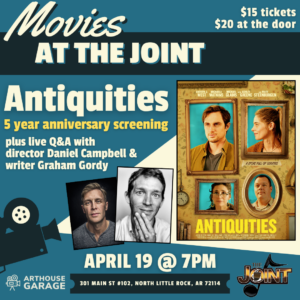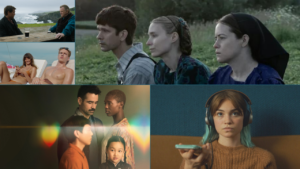The other day I had the immense pleasure of watching Alfonso Cuarón’s latest film, Roma. I sadly live nowhere near a cinema showing it on the big screen, so I had to create as-immersive an experience as possible while viewing it on Netflix at home. The plot centers around a young woman who works as a live-in servant and the family she serves in 1970’s Mexico City. The film is stunning—in its visual style, its grandiose locales, and, perhaps most importantly, in its frank and beautiful depictions of human nature. Like many great films, Roma depicts a time, place and cultural heritage that I know very little about, but it so fully immersed me in its setting that I absolutely can’t stop thinking about it.
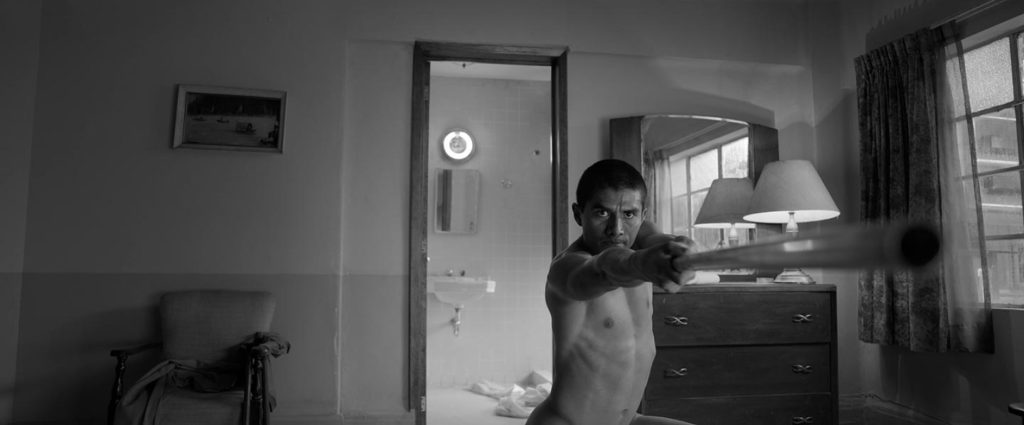
An Act of Cruelty
There are a number of moments in the film that have stuck in my mind since viewing. The anxiety-ridden experience of a crowded hospital during an emergency, the breathtaking sight of a family huddled lovingly on the beach in brightly-lit black and white, and the shocking/hilarious scene in which our heroine Cleo’s on-again, off-again lover Fermín first demonstrates his skill in, and love for, the martial arts (pictured above). There are moments of astounding grace, but for all the memorable moments in the film, the one that I just can’t mentally shake is an act of cruelty, and it comes at the end of a scene in which Cleo visits a martial arts school outside of the city.
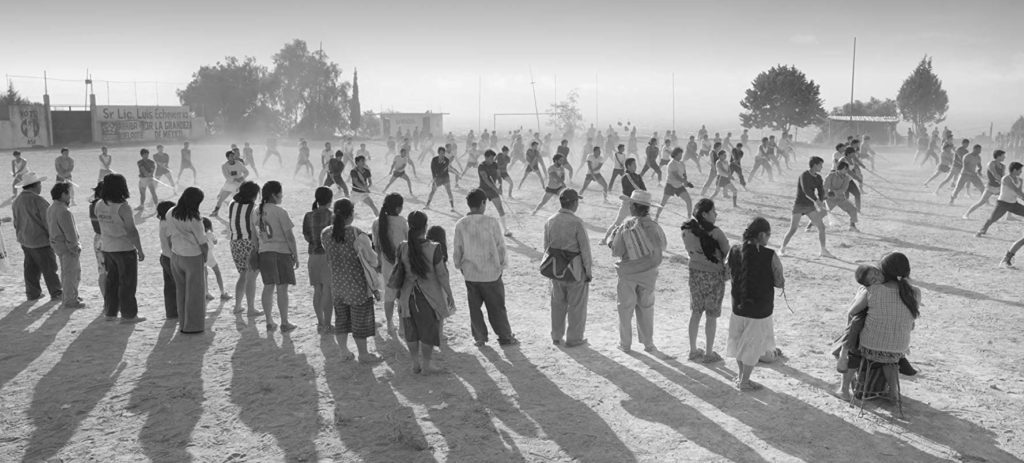
I won’t spoil what happens there for people who haven’t yet watched it, but it’s a personal interaction between Cleo and another character that turns into a shocking confrontation. The scene stuck with me and I kept asking myself, how could a person do that to another person? As I’ve pondered this question, the answer I’m coming up with is fear. The aggressor in this scene is afraid of what would happen if they acted in any other way.
“It’s Not Even Human”
While thinking through this, another recent film popped into my head: last year’s The Shape of Water, directed by Alfonso Cuarón’s close friend Guillermo del Toro. This film too depicts human beings responding to a situation they don’t understand—the existence of a strange and mysterious sea creature. Most respond in fear (and in a spirit of exploitation), but a few respond with open minds and open hands. This isn’t easy; the film’s protagonist Eliza, who is mute, must drag her friend Giles kicking and screaming and, in my favorite scene of the movie, gives an impassioned appeal that they must respond, not in fear, but in love, or they risk their very humanity.
“It’s not even human,” Giles protests.
“If we do nothing, neither are we.”
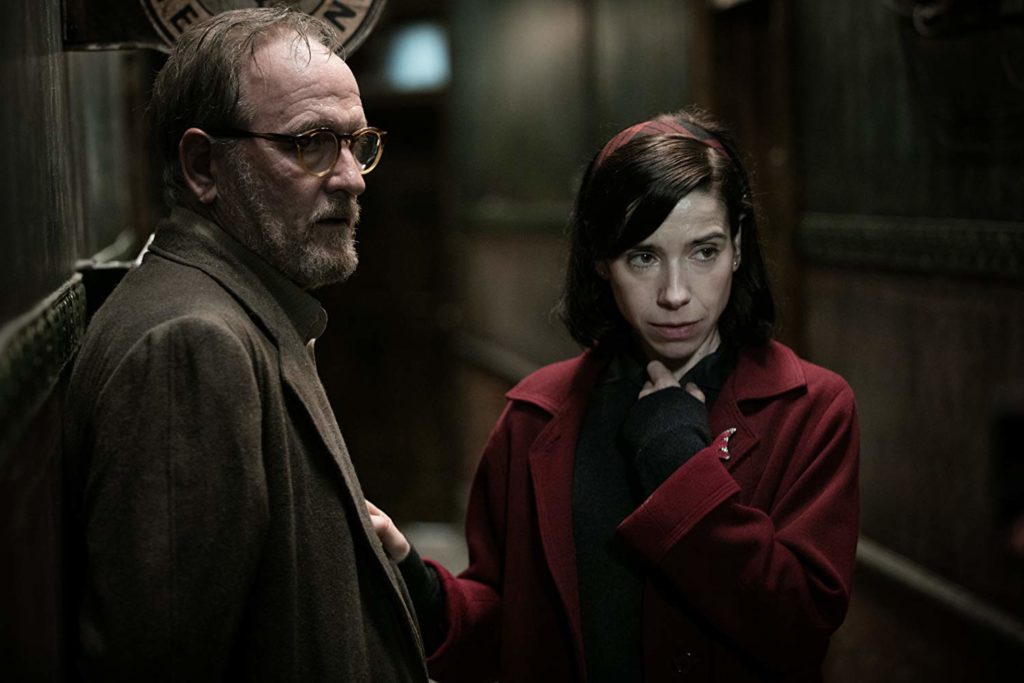
Fear vs Love
Breaking this down as responding in either fear or love may not be a useful dichotomy for every situation, and of course stakes are not always as high in real life as they often are in movies. But! How we respond to those around us does matter, and especially for those in need. Responding in fear to something I don’t understand may not look like outright cruelty in my day-to-day life. But here’s what it can look like: I encounter a person from a different culture, and I ignore them because it’s easier than engaging with them or offering help when I see a need. Or maybe I encounter someone from a different socio-economic background, and knee-jerk reaction is judgement rather than compassion. These little fear-responses can make a difference in small moments, but they can also compound over time, and they can lead to cruelty and atrocities in the macro, especially when they are supported the culture around you.
So, watch Roma and let it inspire you to act open-handedly to the people around you, who have different backgrounds, different beliefs, different skin colors, and different life experiences. May you remember that all of these differences mean that those others experience the world through a different lens than you do, and may you approach them with vulnerability and love rather than apprehension and fear.

